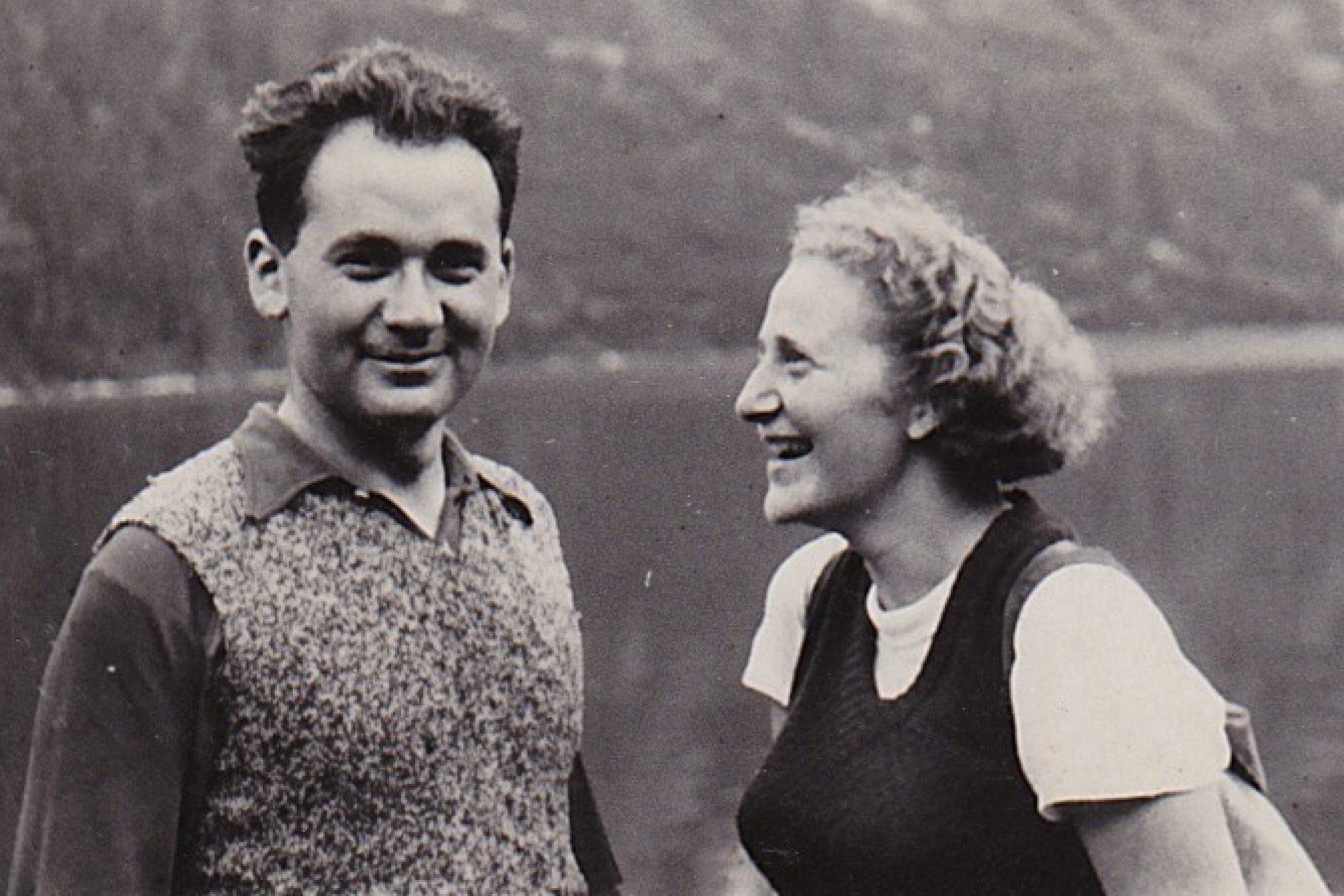War is the most irrational of human activities. It has become a chronic condition of society-at-large that influences how we think and develop as individuals.
Everyone alive today was born into a world at war, and we’ve all been hurt by it, directly or indirectly. Our experiences impact how we see the world and approach the challenges confronting our societies. Many of the problems we face today are harder to solve because of our unhealed hurts from previous wars.
For children, just learning that war or oppression exists can be traumatic and causes confusion and discouragement about the nature of human beings. Experiencing war firsthand is devastating, with distresses passed on for generations through families, cultures, and communities.
When we don’t heal from the hurts of war and oppression, our thinking becomes stuck. This limits the scope of our relationships, making it hard to tell who we trust or like, with whom we can can get close, or how connected we can be with anyone. It also puts a damper on our sense of power, vision, and ability to change things for the better.
What is your primary relationship to war? If you think you don’t have one, I invite you to think again. Here are some questions to ask yourself:
- Have you experienced war or systemic oppression directly?
- Has someone in your family lived through a war or occupation?
- Is anyone close to you a refugee or displaced person?
- Do you belong to a group that is targeted by oppression? Do you know anyone in such a group?
- Has your country ever been at war?
- Has your country ever been colonized, or been a colonizer?
- Has your country ever been occupied, or been an occupier?
- Have you or anyone you know ever done military service?
You probably don’t have to dig too deep to find one or more ways in which war has entered your experience or consciousness.
An important step in healing from war is getting to tell our stories about it, and learning to listen well to the stories of others. Many people who’ve lived through the violence or displacement of war don’t discuss it because it just feels too hard to tell, or too difficult for others to hear. War survivors may remain alone with the hurts of war for the rest of their lives. Their loved ones often live with unanswered questions and a strong sense of secrecy, fear, or loss.
As the grandchild of Jewish refugees from Nazi-occupied Poland, this is also my story. In September 2016, I attended a 2-week international workshop on “Healing From War” that took place in Otwock, Poland, and included a visit to the death camps Auschwitz and Birkenau. I also spent several days in Warsaw, where much of my family lived before WWII.
The trip changed my perspective and my life in so many ways. Chiefly, it gave me hope that the possibility to heal from war exists, and that it’s something we can (and must) do together. I returned to the U.S. with a commitment to share the important work of healing from war with as many people as possible.
I’ve created this blog to share some of my own (and my family’s) stories related to war, and my experience of working to shift this material in my own life. I’ll also be sharing what I’ve learned from the workshop in Poland about the broader context of healing from war, and the incredible power of the listening process.
And I want to hear your stories– how the experience of war (first-hand or otherwise) has affected your thinking or your life. Contact me if you’d like to share a healing from war story in a guest post on the blog.
